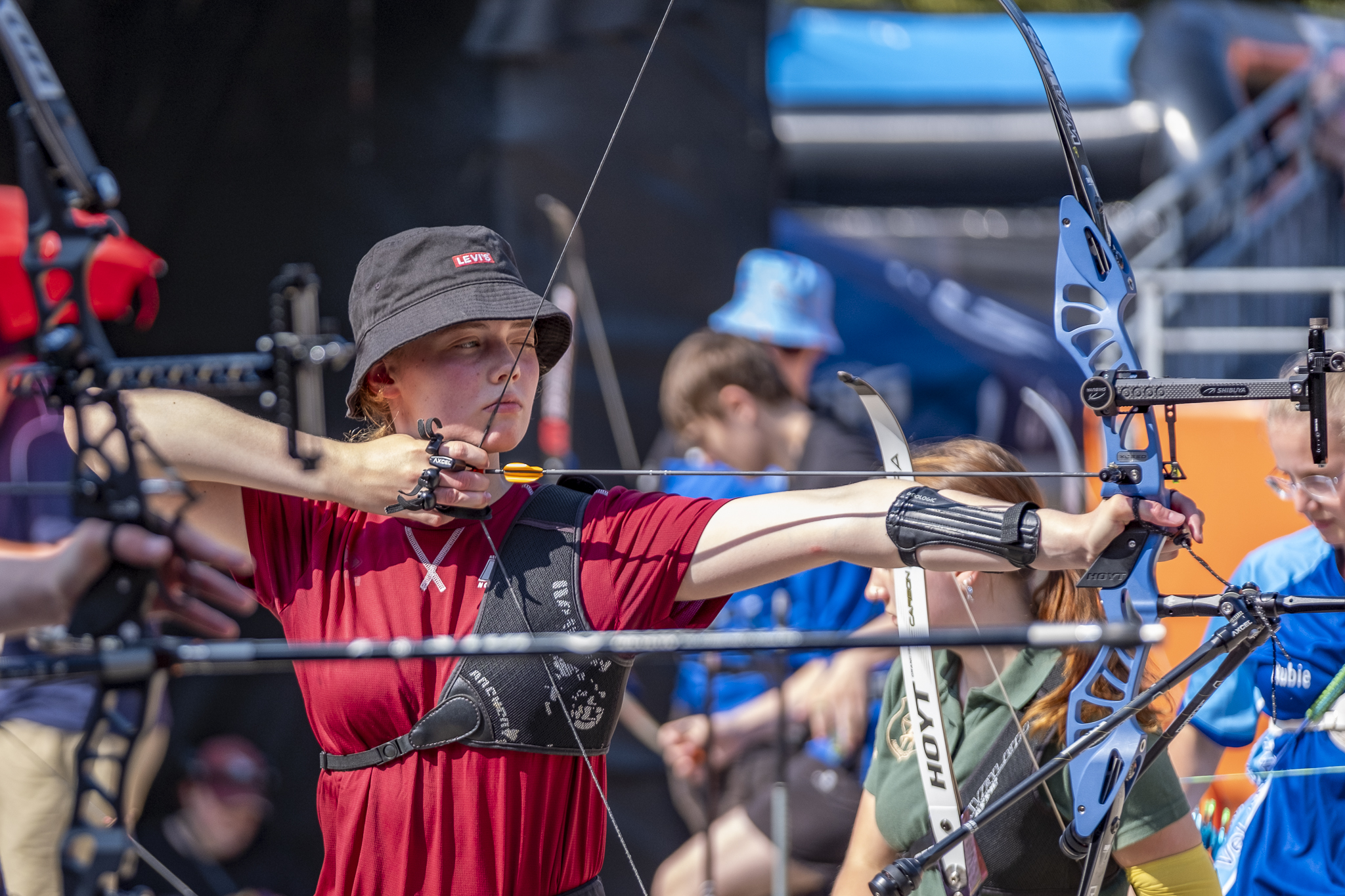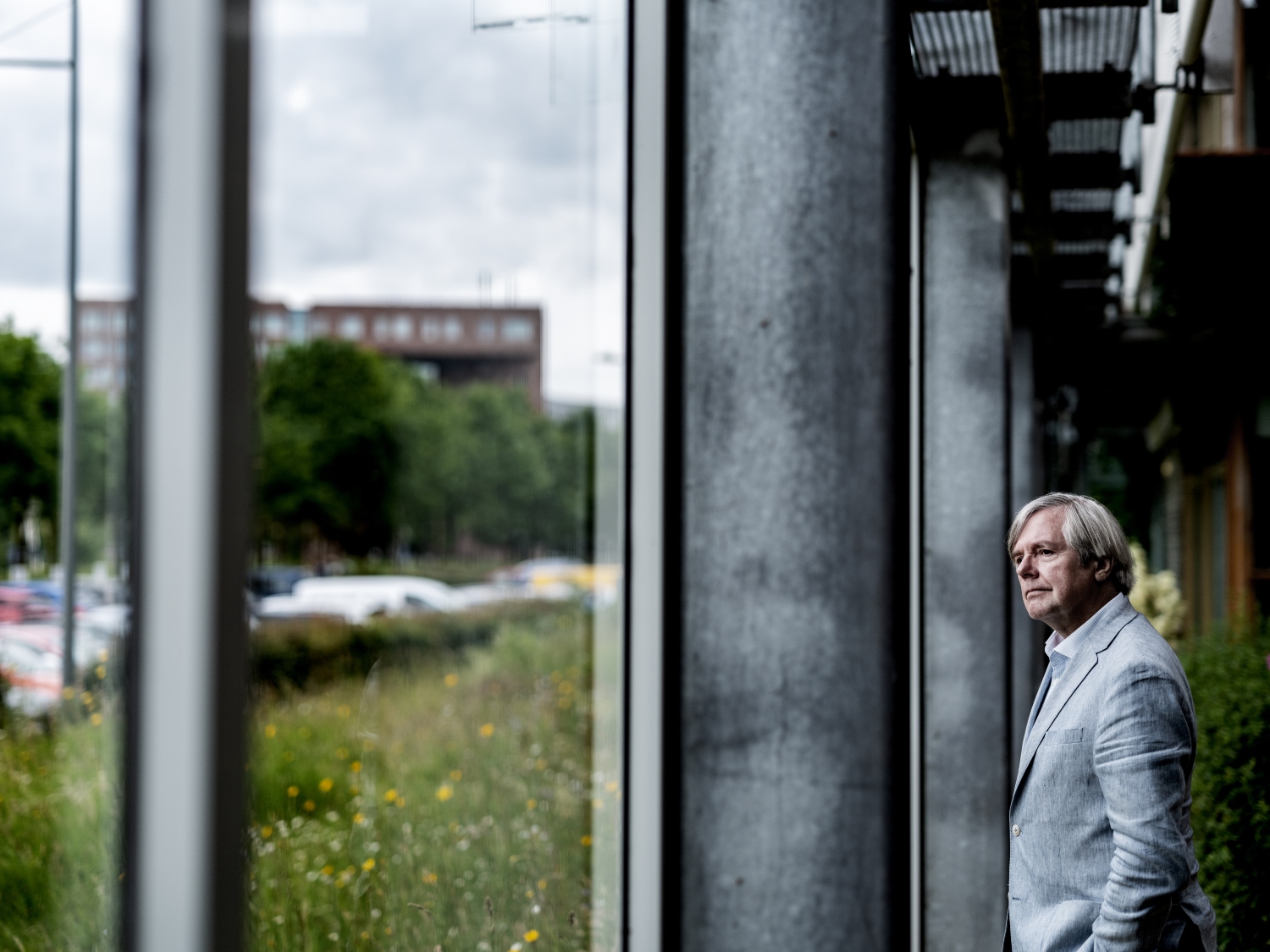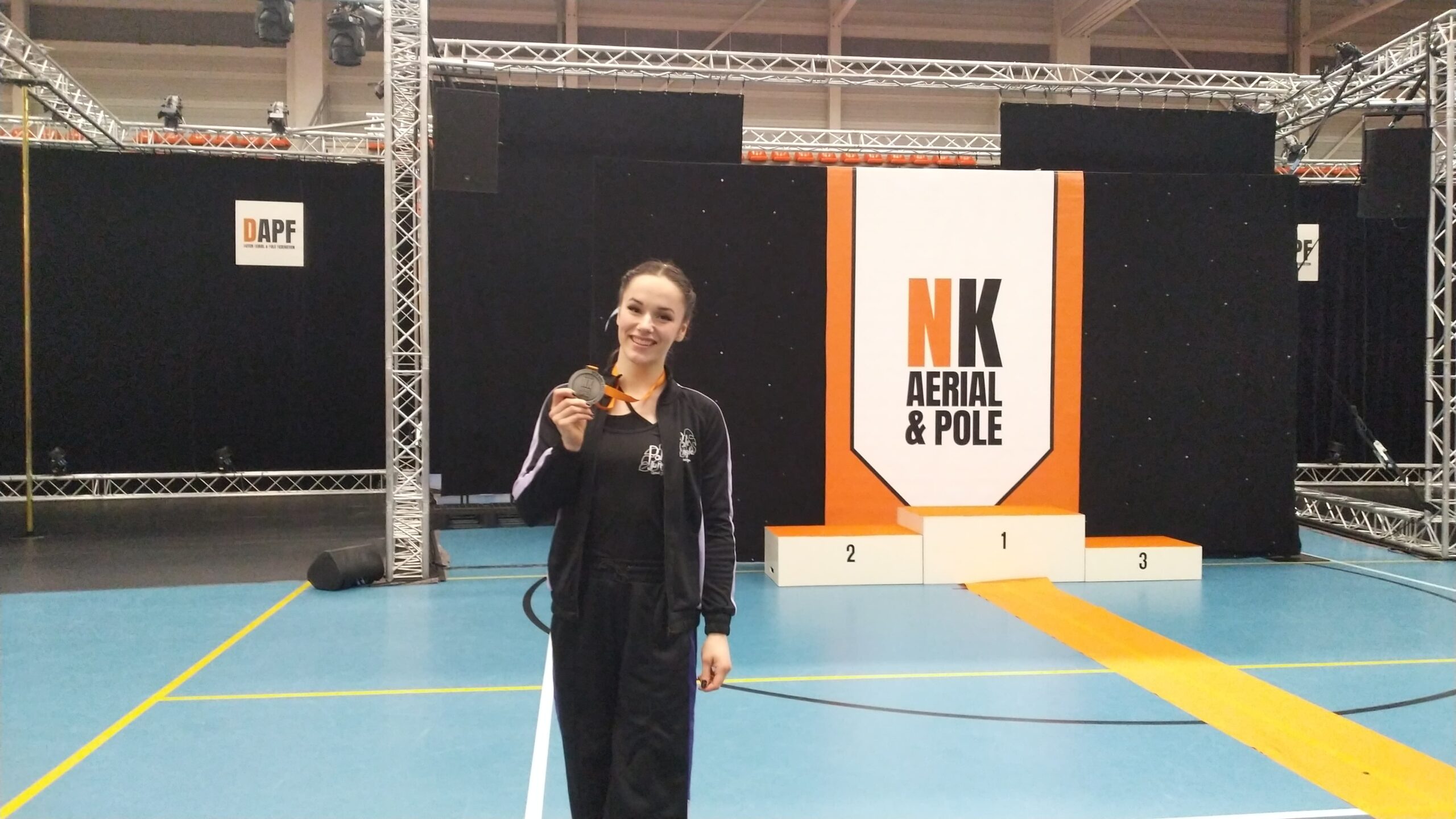The world cup will take place between 25 and 28 September in the Spanish Pyrenees. The participants are PhD candidate Renée Cardinaals (31), who is researching sustainable healthy diets, and Master’s students Sara Dekker (23, Nutrition & Health) and Matthijs Karels (22, Governance of Sustainability Transformations).
Dekker will run the 82-kilometre long trail (elevation gain of 5,400 metres). ‘For me, it all started about three years ago’, says Dekker. ‘I took part in the Zevenheuvelentrail in Nijmegen. I enjoyed it so much that I started doing it more often. Slowly but surely, I swapped track athletics for running in the woods. I enjoy running in nature much more than running laps on the track. I’ve built up the distances over the years. Last year, I ran 100 kilometres for the first time. The longer the distance, the longer you have to persevere. You get to know yourself and your limits, which I think is fantastic.’
What is so great about trail running? ‘Nature, the uneven terrain, the ruggedness, the beautiful views. And how peaceful it is in the woods. You don’t have to encounter anyone, which I love.’ Occasionally, Dekker runs with Karels, with whom she has a relationship. ‘He’s a lot faster than me, but I run longer distances in competitions.’ They have just returned from ten weeks of training in the Swiss mountains.
Text continues below photo.
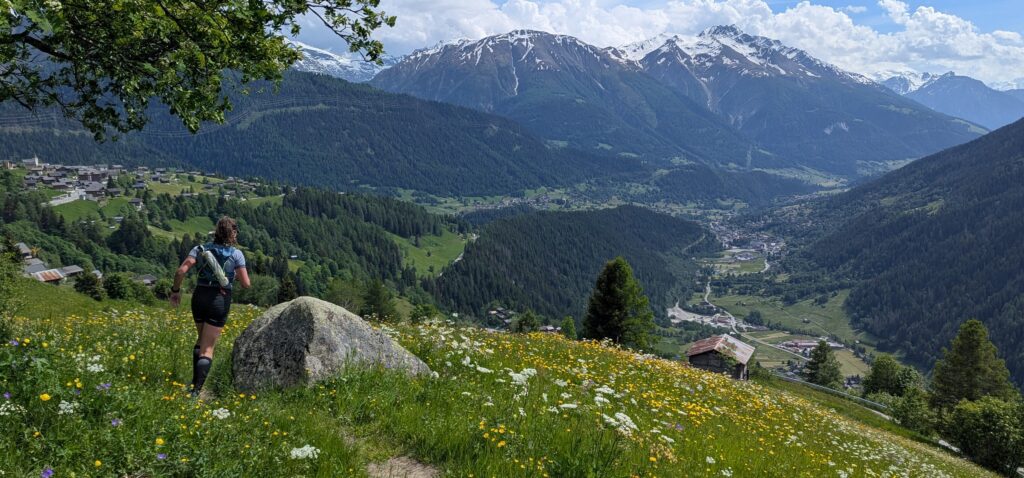
It was a big surprise for Dekker that she was allowed to participate in the World Championships in Spain. ‘It will be the first major competition I’ve ever taken part in. It’s terrifying. Normally, there are lots of recreational runners and only a few top athletes competing for the podium. Now there are only top athletes, which is completely different. The trail is also a lot more difficult than anything I’ve ever done before. But I think it’s really cool that I’ll be running there in the Dutch team kit. That is so special.’
‘Short’ distance
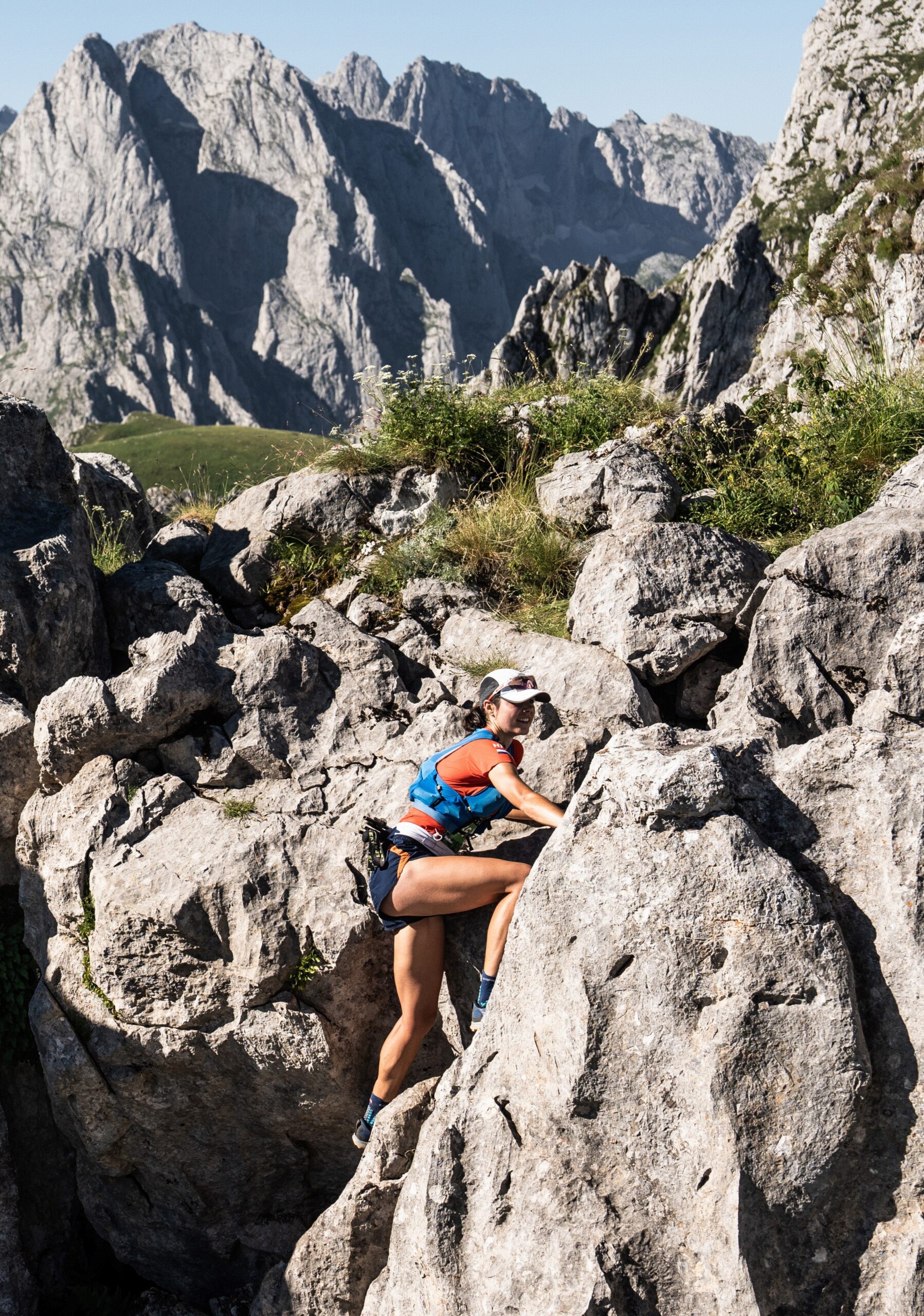
Cardinaals and Karels will compete in the ‘short’ trail of 45 kilometres (3,650 metres elevation gain). Cardinaals, a PhD student at the Earth Systems and Global Change Group, started trail running in 2018. ‘I had been running for a while, but mainly on the road, like most people who start running. Through an acquaintance, I came into contact with trail running. I went to the Ardennes, then to the Vosges, and when I ran in the Alps for the first time, I knew for sure: this is what I want to do. This is freedom.’
She has to laugh a little at the fact that 45 kilometres is considered a short distance. ‘In the trail running world, the standards for short and long distances differ a lot from those standards in the normal world. For some, it can’t be long enough; they run for several days in a row to complete a race of two to three hundred kilometres. For them, 100 kilometres is already short. I specialise more in distances around marathon length, so for me, 60 to 80 kilometres is already long and 20 kilometres is short.’
NS route
Cardinaals has already competed in several major tournaments. She is a five-time Dutch champion in skyrunning (a more challenging variant of trail running) and short and long trail running. Last year, she finished eleventh in the European Championships. ‘In Spain, I hope to finish in the top 25. The level is very high and there are a lot of people participating. In countries such as France, Spain and Italy, this is a really big sport and a lot more is invested in it.’ A total of 1,300 athletes are participating in the various competitions.
For Resource readers who think, ‘Hey, I’d like to try that too,’ Cardinaals has a few tips. ‘You can start with a nice NS route. Take the train or bus somewhere and run back, or vice versa. Between Rhenen and Driebergen-Zeist, there’s a nice 30-kilometre route.’ Still, for her, that’s not the same as real trail running. ‘You have to do that in the mountains, or at least in the Ardennes. So next time you go on a walking holiday in the Pyrenees or the Alps, just take your running shoes with you and give it a try.’
Translated with help of DeepL.

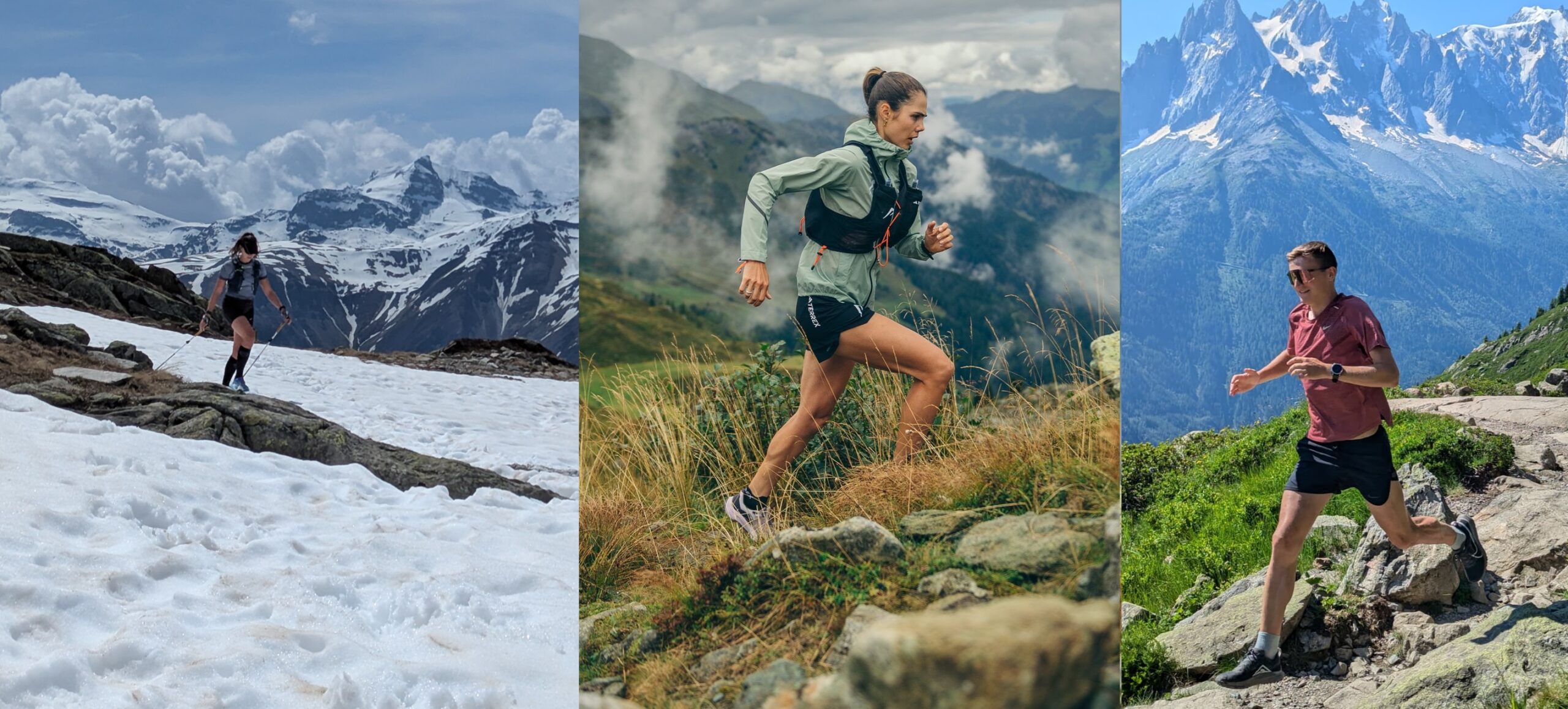 Sara Dekker, Renee Cardinaals and Matthijs Karels. Middle photo Barbara Kerkhof for All4Running
Sara Dekker, Renee Cardinaals and Matthijs Karels. Middle photo Barbara Kerkhof for All4Running 